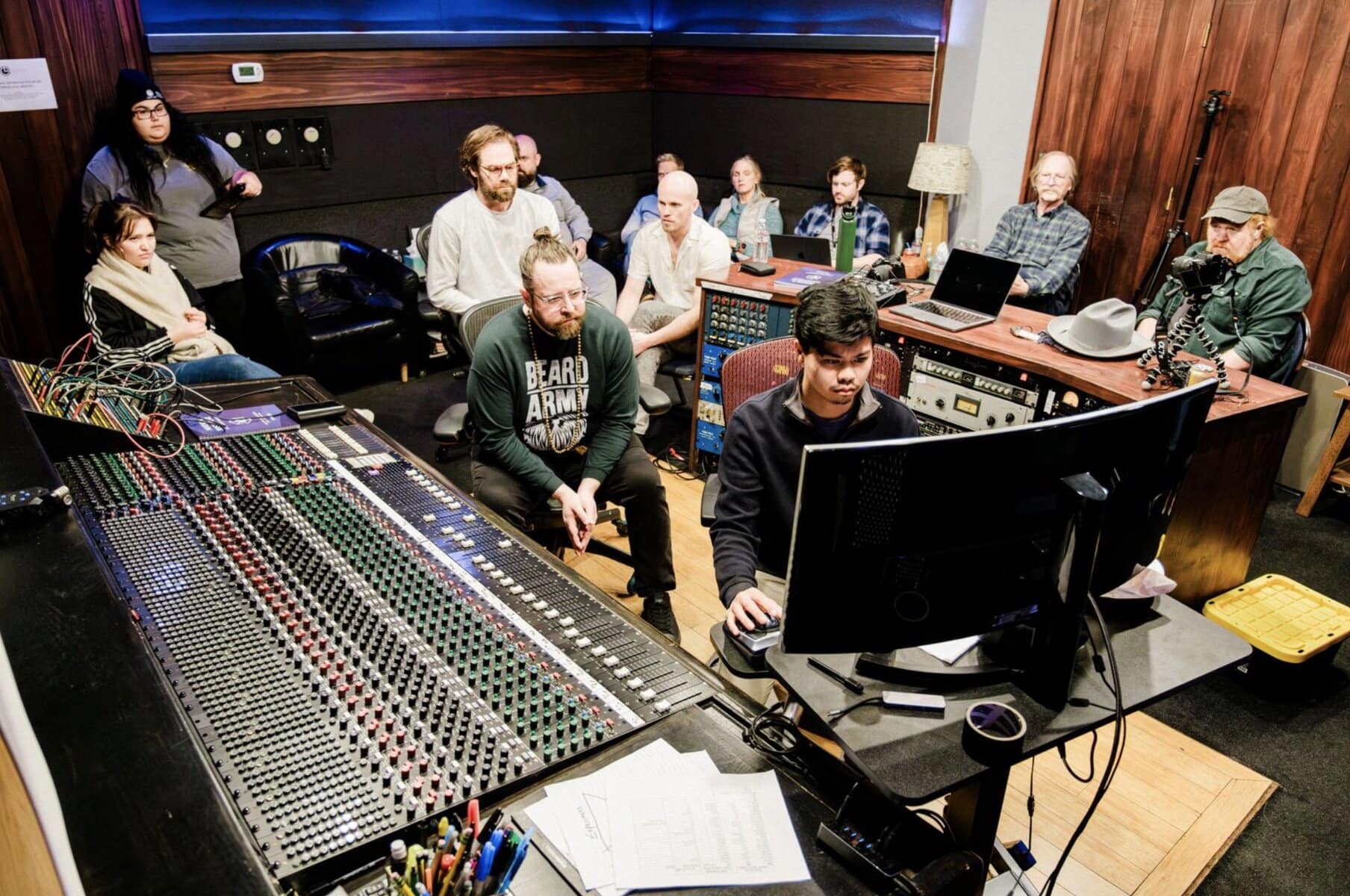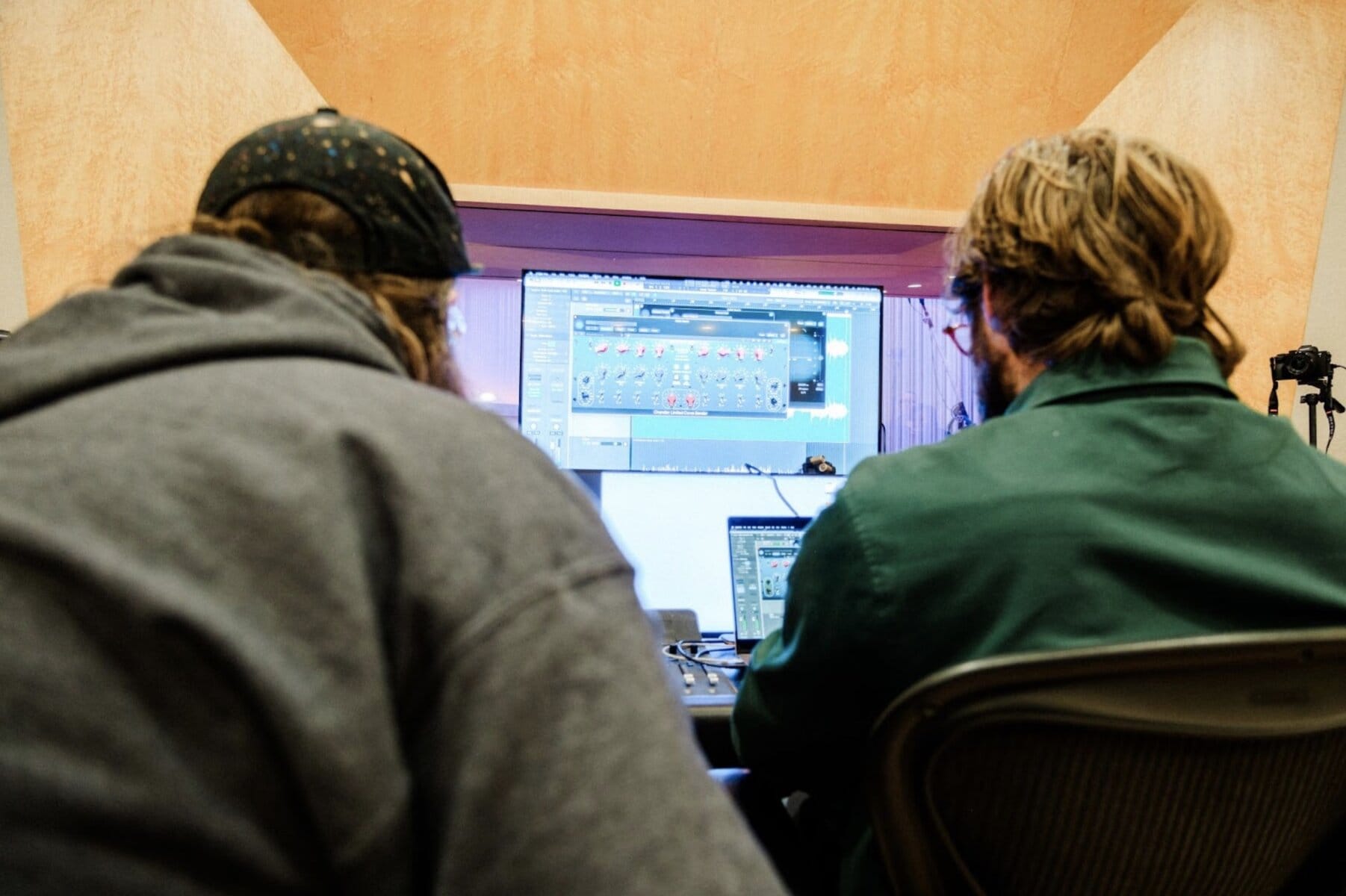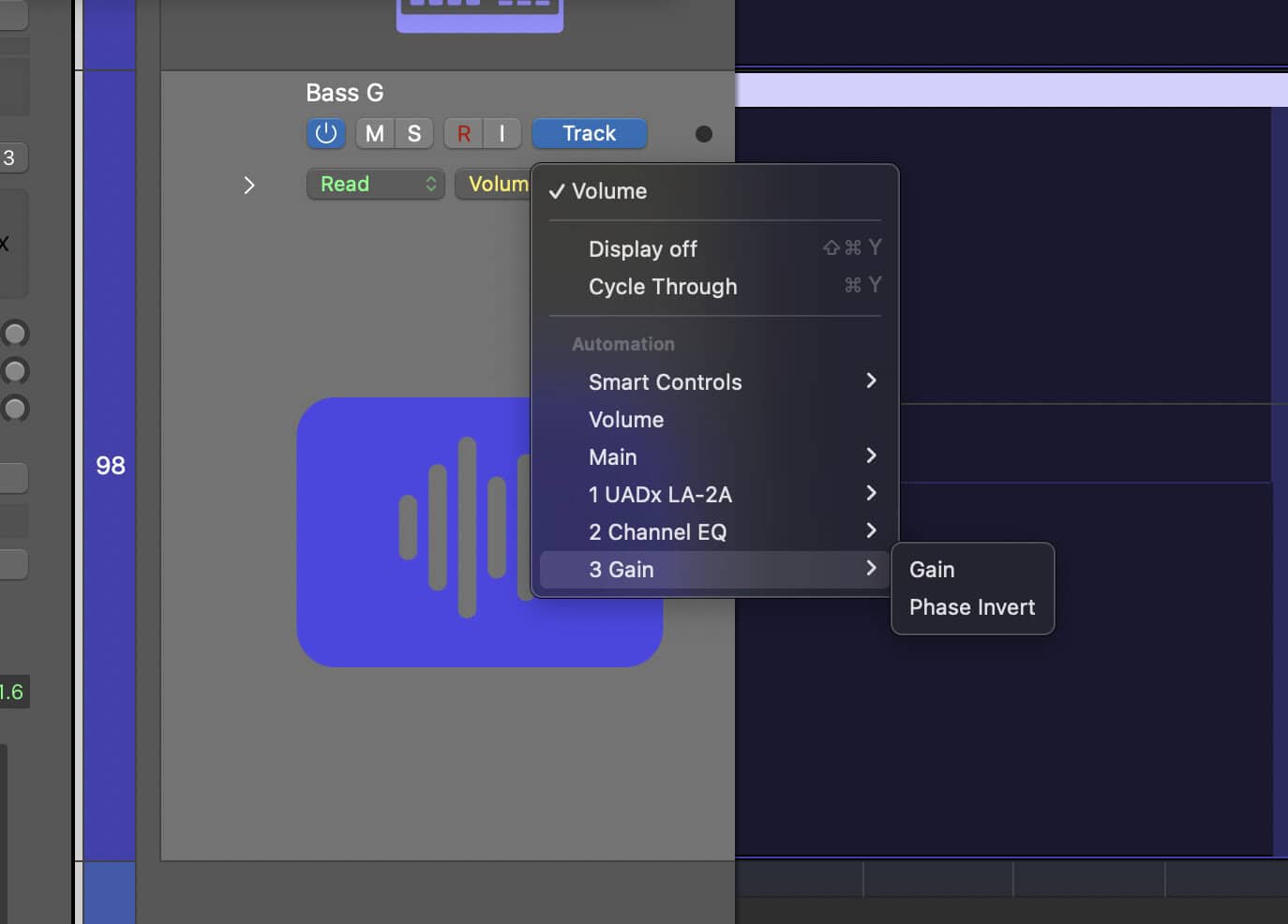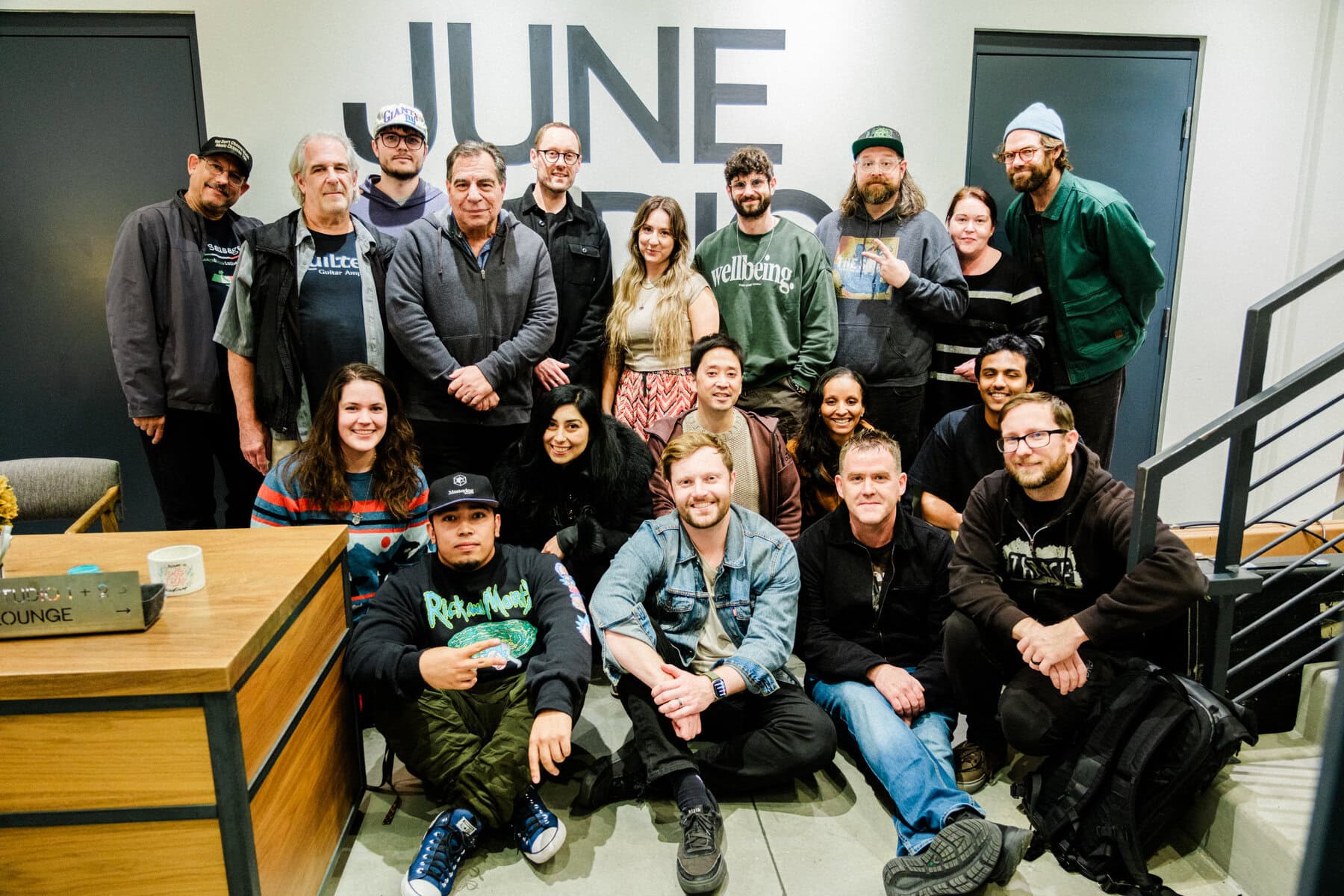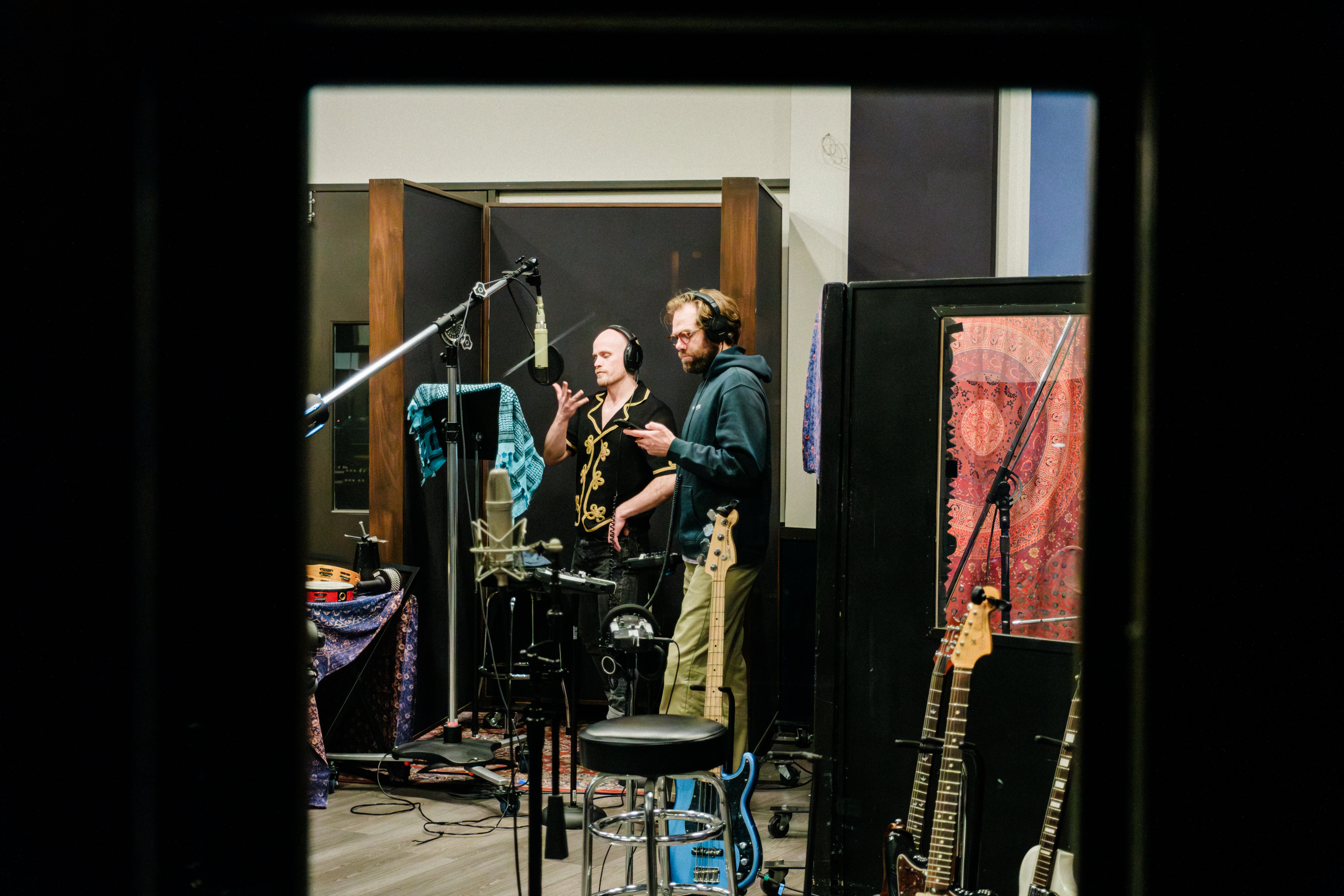Finding a job in the music industry is no easy task.
You can’t just go to a job board and apply for openings. More often than not, it comes down to the relationships you’ve built in the industry.
So how can you get your foot in the door?
I’m going to show you how you can build the right relationships and make your way into the music industry.
If you’re like most people in the music business today, you’re probably producing your own music. We put together a brief training that covers a totally new approach to music production. Until now, everyone has been teaching production totally backward. Just click below to watch. Get industry-quality in your music every time (steal this framework)
But if you just want to learn about finding work in the music industry specifically, keep reading.
How to Build Relationships

Building relationships with people in the music industry doesn’t mean you have to become best friends. (Although you might get really good friends as a by-product).
It means you get to know a person before you start pitching your service or start asking for a job.
I’m an audio engineer, so for me this is especially important when talking to bands and artists online.
When I reach out to bands online, I focus on learning more about them. I build a closer relationship before I pitch my service.
Basically, I’m showing I care about them way before I bring money into the conversation.
This is more effective than just reaching out to a band and pitching my service right away.
It takes a bit longer, but in the end, you’re more likely to get hired.
I used this same approach to land several recording studio jobs. And now I have continued being offered projects by people in the music industry.
You can do the same.
Network, Network, Network!
If you’re serious about making it in the industry, you should be active in your local music community.
That means going to shows and going to music industry networking events.
While you’re there, remember your goal is to build relationships! Make your conversations about the people you meet and not all about yourself.
When you show up to their next event, they’ll probably remember you and want to talk again.
The easiest way to find events in your area is to search via Google and Facebook events.
If you live in London, UK, I can recommend Notting Hill Music’s Network Monthly. It takes place in Tileyard Studios, which is a great melting pot of people in the music industry.
The Coffee Technique

A great way to start building relationships with people in the industry is through something I call the coffee technique.
Rather than reaching out to people asking for a job, ask them to meet over coffee.
You should be doing this because you want to learn more about their work and their experience. Don’t do it because you want a job.
This is a great way to start building relationships with people. And it’s something that can ultimately lead to work for you.
Don’t have anyone to reach out to or you don’t have their contact details? LinkedIn is a great place to find peoples’ email addresses.
You can also find their details on their personal or company website.
When you reach out, make sure you’ve done your research. Don’t write to someone saying, “Hello, I love your work, do you want to grab a coffee?”
Be specific and show you actually understand what they do. For example, a much better way to reach out to someone is like this:
Hi [insert name],
I know you are probably busy, so I will keep this short. My name is [insert your name], and I really love your work, such as [insert relevant information].
I’m really interested in your experience in [insert their field] and would love to ask you out for a coffee to learn more about you and what you do.
Let me know what you think.
Thank you!
[insert your name]
As you might have noticed, this isn’t something you can spam to hundreds of people.
It takes time to research who you are reaching out to so you can mention their work and experience.
In my experience, this approach leads to much better results, and your email won’t end up in the trash can.
Shadowing
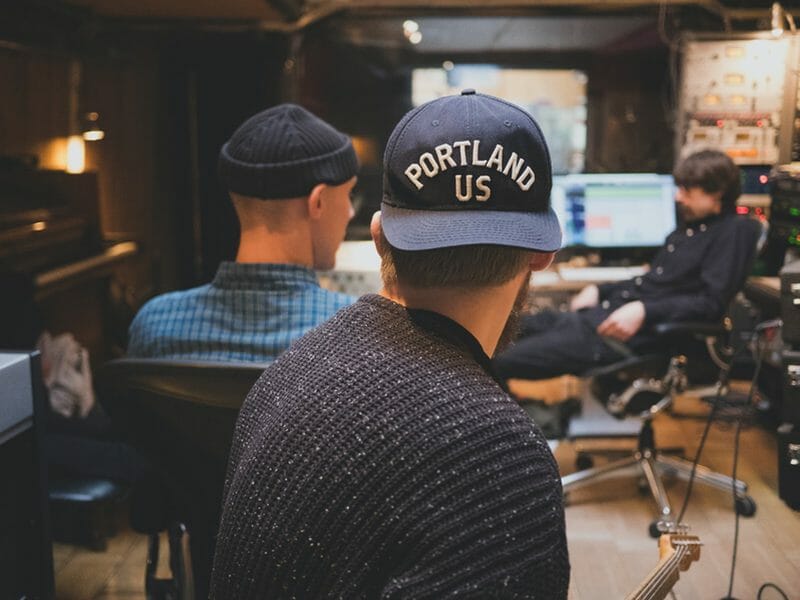
Shadowing someone can also be a great way into the music industry.
Shadowing simply means you get to stand behind someone and watch them work—like their shadow.
For example, you might be able to sit behind a mixing engineer while he or she mixes. Or you might be able to shadow the FOH engineer at a venue you like.
You’ll make a connection and get on-the-job experience with an industry professional.
I’ve done this and so have friends of mine, and it’s led to some great work for us.
You might not get hired right away. But if you keep showing up, guess who they’ll call when someone can’t show up to work?
Exactly—you!
To shadow someone, I suggest you use the same approach as when you ask someone to meet for a coffee.
You can even grab coffee with them first before asking if you can shadow them.
How to Find the Right Career Path for You

In the music industry, there are no set career paths.
But in my experience, to get your foot in the door, you’ll usually have to start at the bottom. For example, as a runner.
Back in the day, there used to be a more defined career path. You’d start as a runner, move up to assistant, then become the head of whatever position you’re looking to get.
But the industry’s changed a lot. These days, that path isn’t so clear.
People can more easily carve out their own career path. And they don’t have to go through the traditional route.
Finding the right career path for you can be a very personal journey.
In my own journey, I’ve tried multiple paths. Guitar tech, live sound, sound for games, recording, mixing and mastering, composing music…
Some of these stuck with me, and some weren’t for me but I’m glad I tried them.
So stay open-minded towards trying new things in the music industry. It can be very beneficial to your career.
You may find a job you love even more than what you were originally aiming for!
Or you might know exactly which career path is for you. For example, working in a recording studio or at a label.
Wherever you find yourself is OK.
Also, think about what your strengths and past successes are. This can inform you where you want to go in your career.
Are you a people person? Do you like to work by yourself? Do you like to help others? Do you like working long days?
If you find yourself confused about where you want to go, think about these qualities of yours. They’re great indicators of what kind of work you should look for.
Should You Go to College?
The big question: should you go to college to get a job in the music industry?
The answer to that is too complicated to fully discuss in this article, but the answer is, in my opinion, yes and no.
What’s the up-side of going to college? you get the opportunity to meet people and develop relationships that can be very beneficial to your career.
It can allow you to move to a bigger city with a bigger music scene. This can be huge if there aren’t many opportunities where you live now.
The down-side, however, is that it costs a lot of money. And people in the music industry really don’t care if you have a degree or not.
No one has ever asked me about my degree.
Employers just want you to be reliable. And to not speak when you aren’t supposed to (especially in recording studios).
Conclusion
I hope some of these tips discussed in this article are helpful to you.
Focus on the long-game and building relationships with people in the industry. Then I’m sure you will see great results.
If you don’t know which career path is for you, think about what your strengths and past successes are.
People usually care about themselves and how you can help them achieve what they want. If you can facilitate this, you will be successful.
Let me know in the comments if you have any questions or comments about the tips discussed in the article.
If you want to dig deeper into music production and learn what it actually takes to make mixes that sound pro… And you’re an intermediate or advanced producer… Be sure to check out the free masterclass: Enjoy!Next Steps


